FIRST PLACE – ASHLEY LACE LANDERS – THE OHIO STATE UNIVERSITY
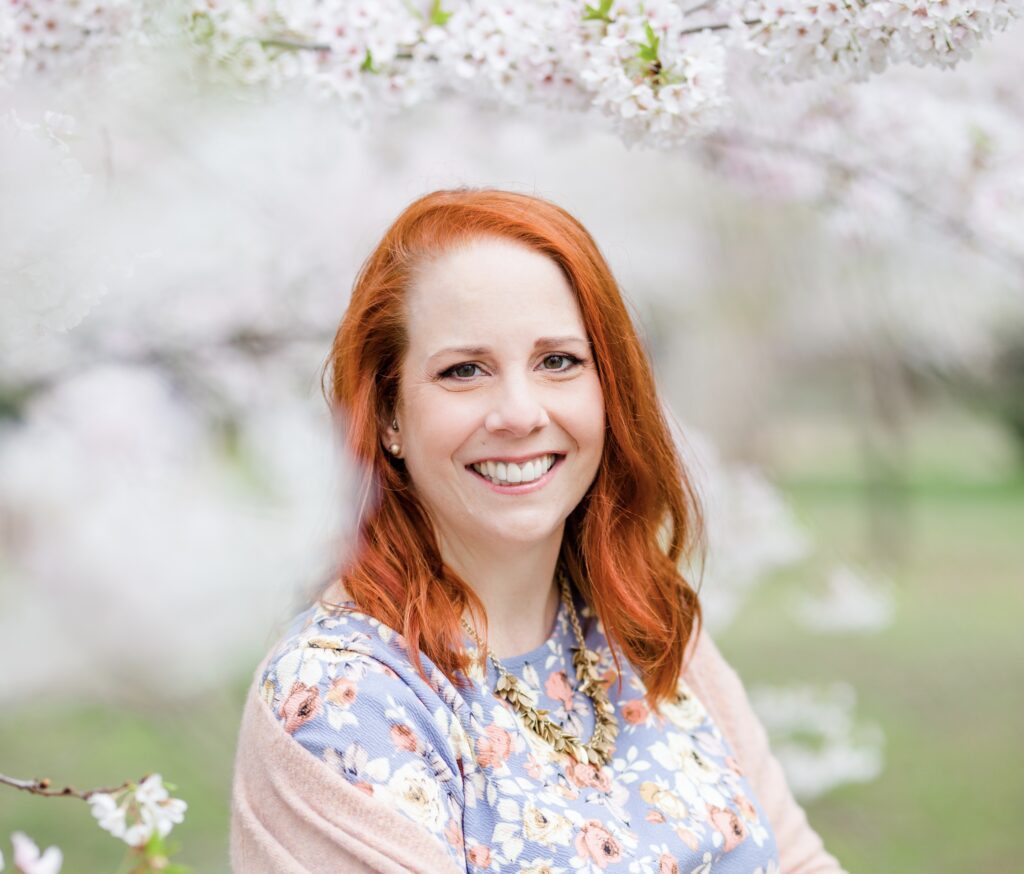
Demystifying Diagnosis in Couple and Family Therapy and Bridging the Gap Between Classroom and Clinic
The judging panel was impressed with how Ashley Lace Landers, a tenured associate professor in the Department of Human Sciences at The Ohio State University, redesigned the Diagnosis in Couple and Family Therapy and Family Therapy Practicum course to better serve and inform her students. When Dr. Landers first developed the course in 2022, she noticed that students viewed the diagnostic manual as a dictionary reference wherein equal attention was given to each work, rather than seeing the diagnostic manual as both a dictionary that defines diagnoses and a thesaurus that identifies areas of convergence and divergence in diagnoses.
To help students better understand the complex nature of diagnosis, when she redesigned the course in 2024, Dr. Landers introduced a concept called “major players.” Each week of her course was devoted to a particular chapter of the diagnostic manual, and her students were tasked with identifying “major players,” referring to the most common diagnoses by chapter. By the end of class, her students were able to identify the “major players” and develop a diagnostic decision tree that aids them in assessing for the most common diagnoses to the rarest ones in order of prevalence. The students in Dr. Landers’ class also developed a cumulative decision tree that evolved each week to aid them in conducting differential diagnosis across chapters of the diagnostic manual.
In addition to this innovative and progressive approach, Dr. Landers brought these disorders to life through live/video examples of families impacted by the disorders, as well as guest lectures from clinicians who work with these populations. Live demonstrations of diagnostic assessments were used to highlight the symptomology of disorders, while Dr. Landers invited her students to explore how families impact disorders and how disorders impact families. Dr. Landers also designed an innovative assignment wherein students recorded themselves conducting a diagnostic assessment and then received feedback from peers.
We believe Dr. Landers’ innovations are bridging the gap between clinic and classroom and well preparing the next generation of couple and family therapists to provide competent and compassionate care to their future clients.
Ashley Lace Landers is a tenured associate professor in the Department of Human Sciences at The Ohio State University, where she teaches courses in family studies, conducts research, and serves as an institute affiliate at the Michael V. Drake Institute for Teaching and Learning. Through the Institute, Dr. Landers attends various training sessions on pedagogy and instructional design and also provides training sessions on trauma-informed teaching within the university. Her current research examines the outcomes of American Indian/Alaska Native children and families in the United States child welfare system and is co-created and co-conducted in direct partnership with the AI/AN community. In 2022, Dr. Landers was named a Health Disparities Research Institute Scholar by the National Institute on Minority Health and Health Disparities and a Minority Fellowship Program Fellow of the Month by the Substance Abuse and Mental Health Services Administration. She holds a Ph.D. in family science with concentration in couple and family therapy from the University of Minnesota, Twin Cities, and a master’s degree in marriage and family therapy from St. Cloud State University.
SECOND PLACE – RACHEL AROCHO – UTAH VALLEY UNIVERSITY
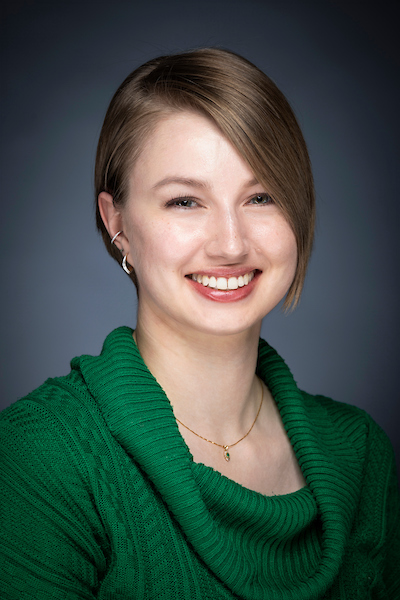
Integrating Metacognition and Game-Based Learning to Energize Research Methods in Family Studies
The judging panel was impressed by how Rachel Arocho, an associate professor of family science and the department chair of the Social and Behavioral Sciences Department at Utah Valley University, has implemented metacognition and principles of game-based learning to encourage intrinsic motivation and positive affect in her courses, especially in Research Methods. Recognizing that students are generally not enthused to take Research Methods, Dr. Arocho applied a metacognitive framework, building in steady formative feedback and opportunities for students to reflect. These opportunities built her students’ appreciation for why research is important and confidence in conducting meaningful research.
Dr. Arocho has also integrated game-based learning into her course through Qualtrics, a survey administration software. During the pandemic, she programmed an online, instant-feedback game to translate an in-class activity a colleague had shared. Shortly thereafter, she began designing her own games for her Research Methods course, incorporating fun challenges, instant feedback, and personalized learnings—hallmarks of game-based learning. Dr. Arocho has presented the games she’s developed to her university and professional community, which has resulted in new professional relationships and dissemination of innovative teaching practices.
In the words of one of Dr. Arocho’s students, “Dr. Arocho provided all our class with a new tool kit for research. Her passion and preparation changed my view of research and why it’s relevant. I was very skeptical of this course and apprehensive about the statistical portion. However, Dr. Arocho had a thoughtful, beautiful road map for the course. I was very challenged to push myself both internally and by the instructor. She handled groaning and skepticism with grace. Our interactions in class were amazing. She created an environment where we wanted to share our ideas and felt comfortable. I’d take another course from Dr. Arocho anytime. By far, the most thought-provoking course of my education thus far.”
We believe Dr. Arocho’s innovative teaching methods will inspire family studies students to recognize and embrace the power of conducting research and contributing to existing scholarship in the discipline.
Rachel Arocho is an associate professor of family science at and department chair of the Social and Behavioral Sciences Department Utah Valley University. Prior to joining UVU in 2019, she was a postdoctoral scholar at the Carolina Population Center of the University of North Carolina at Chapel Hill. Dr. Arocho earned her doctorate in human development and family science, with specializations in demography and quantitative research methods, from The Ohio State University. She also holds a master’s degree in human development and family science from The Ohio State University and a bachelor’s degree in family, consumer, and human development from Utah State University, which she earned from the Uintah Basin Regional Campus. Dr. Arocho is a Certified Family Life Educator through the National Council on Family Relations and a Senior Fellow of Advance HE.


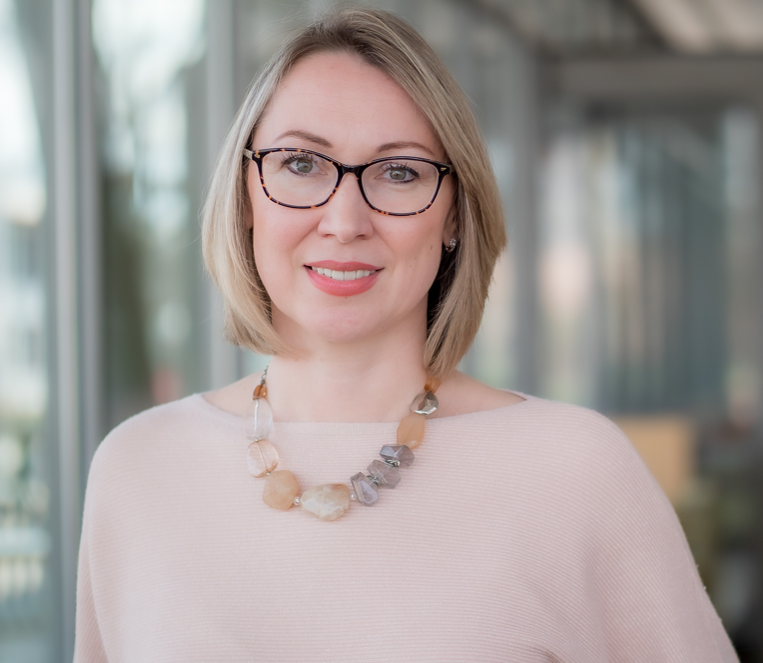 Fostering Global Relationships and Inspiring International Compassion and Understanding
Fostering Global Relationships and Inspiring International Compassion and Understanding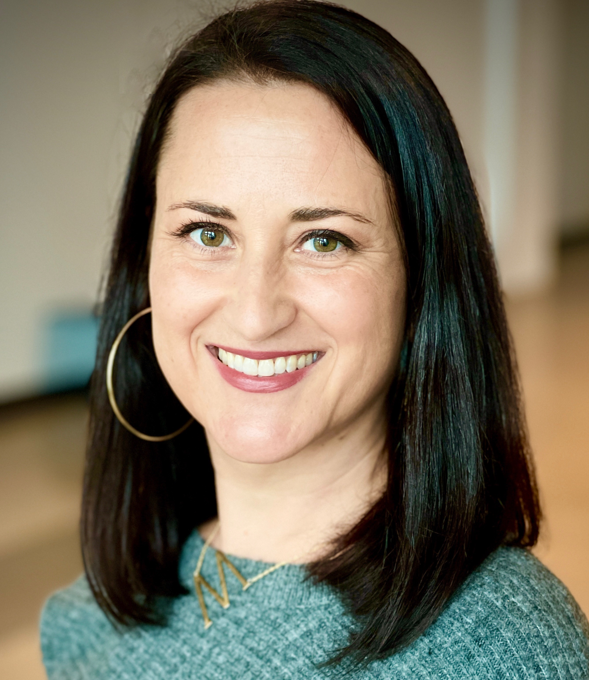
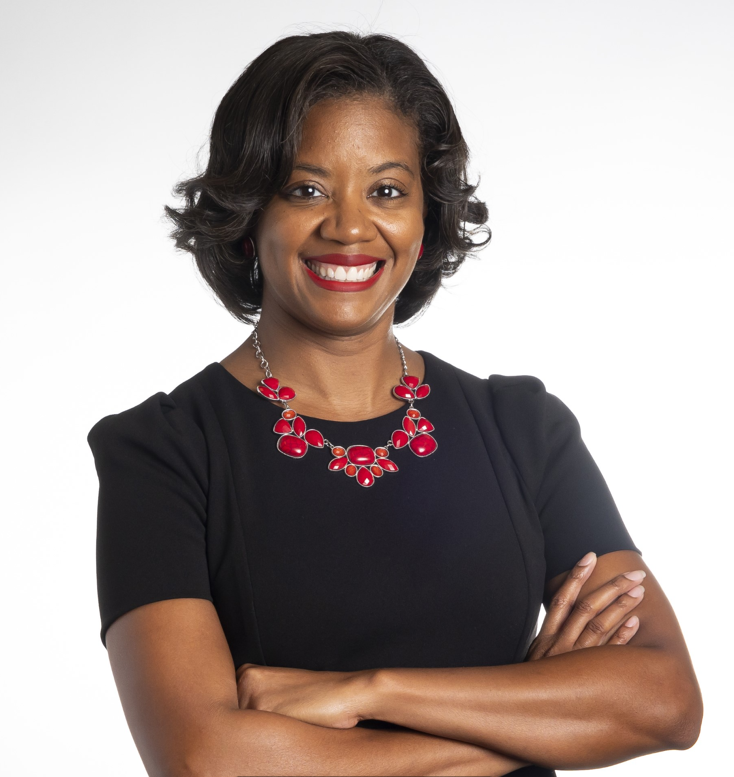
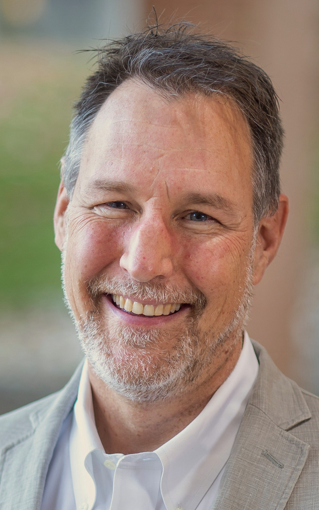 Revolutionizing the Study of Masculinity and Its Impact on Family Health and Well-Being
Revolutionizing the Study of Masculinity and Its Impact on Family Health and Well-Being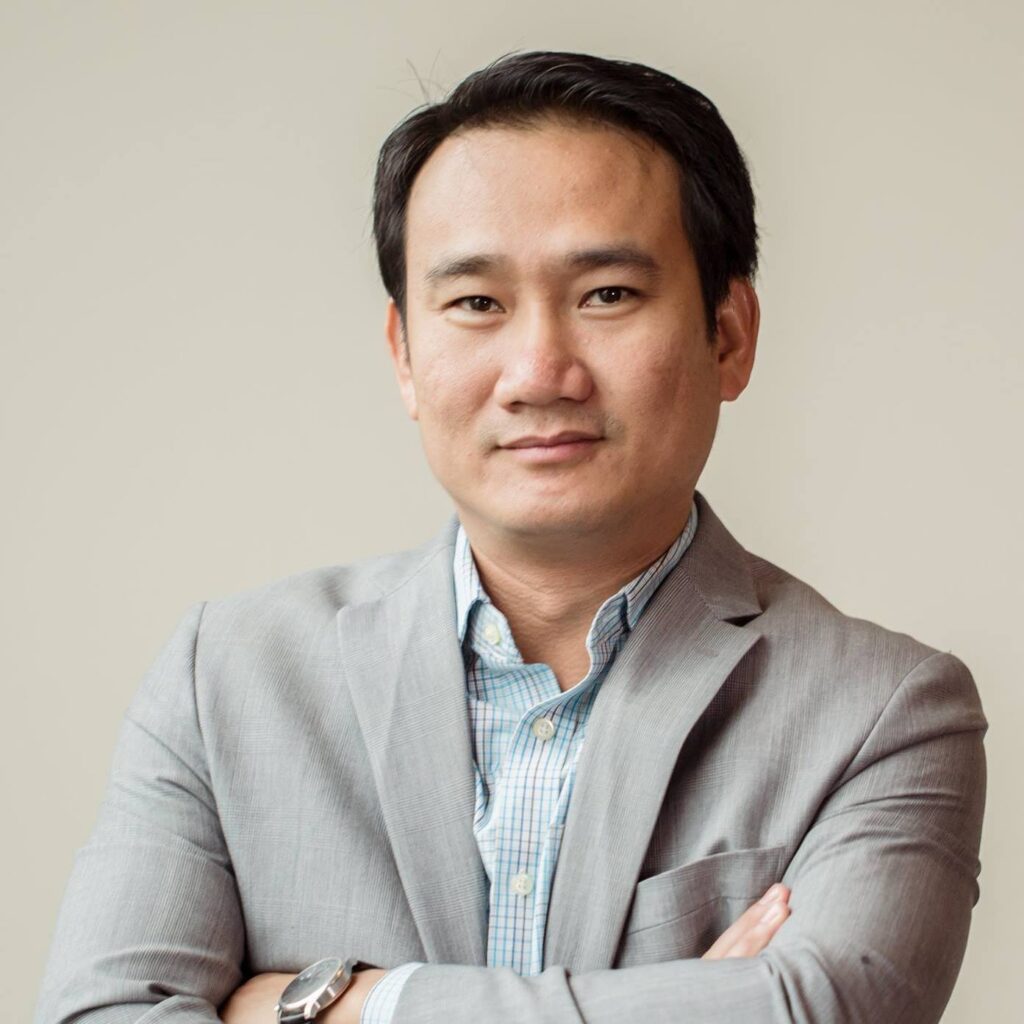 Developing Innovative Teaching Methods and Theory to Cultivate Students’ Knowledge and Empathy
Developing Innovative Teaching Methods and Theory to Cultivate Students’ Knowledge and Empathy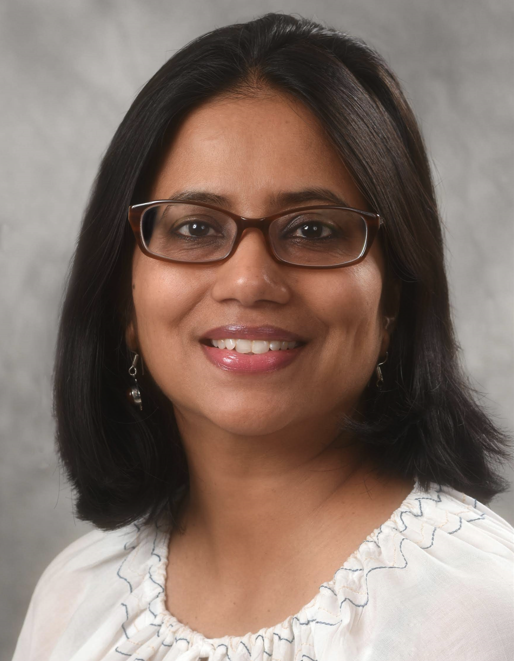
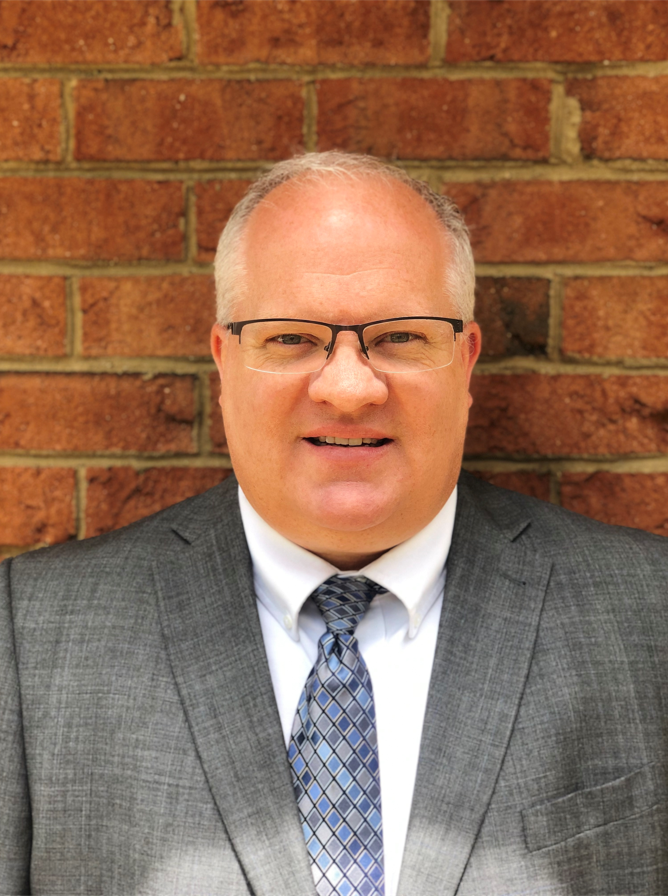 Preparing the Next Generation of Family Science Scholars and Instructors
Preparing the Next Generation of Family Science Scholars and Instructors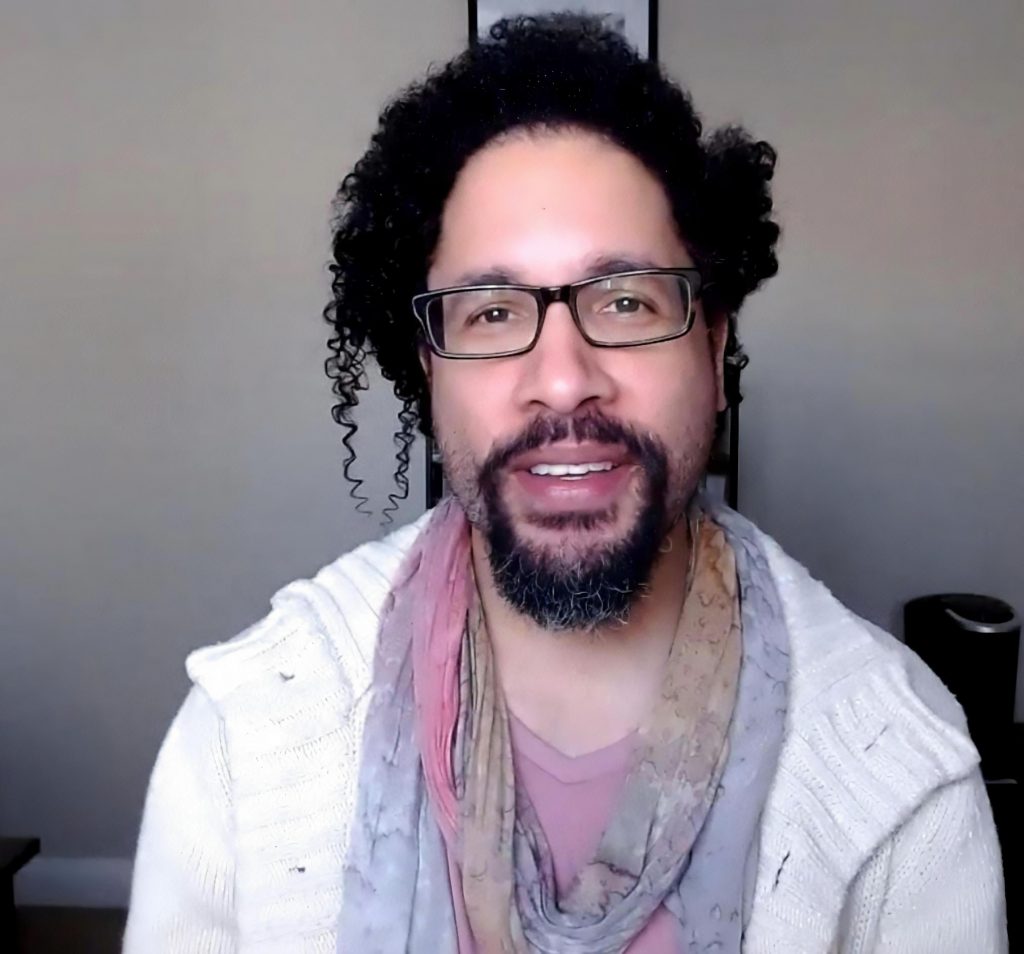 Supporting LGBTQPIA+ Education, Safety, and Dialogue In and Out of the Classroom
Supporting LGBTQPIA+ Education, Safety, and Dialogue In and Out of the Classroom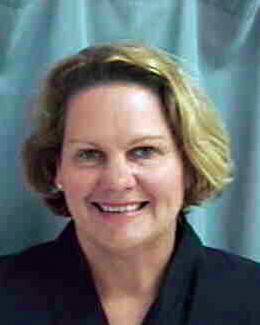 Ensuring Students Receive an International Experience before Graduating—Even During a Global Pandemic
Ensuring Students Receive an International Experience before Graduating—Even During a Global Pandemic 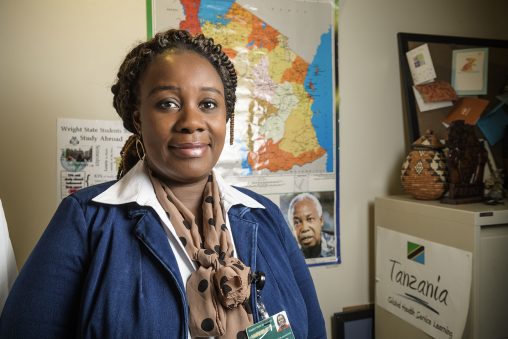
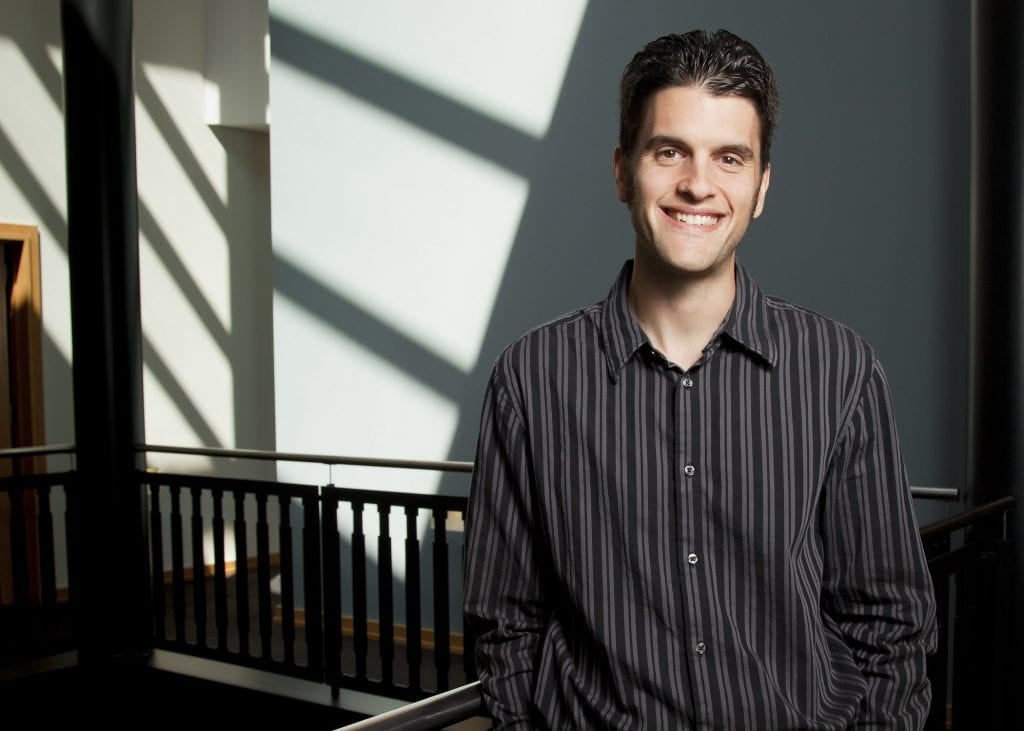

 A Commitment to Community and Collaboration
A Commitment to Community and Collaboration Incorporating Tools and Technology to Engage Students
Incorporating Tools and Technology to Engage Students Advancing the Scholarship of Family Science
Advancing the Scholarship of Family Science